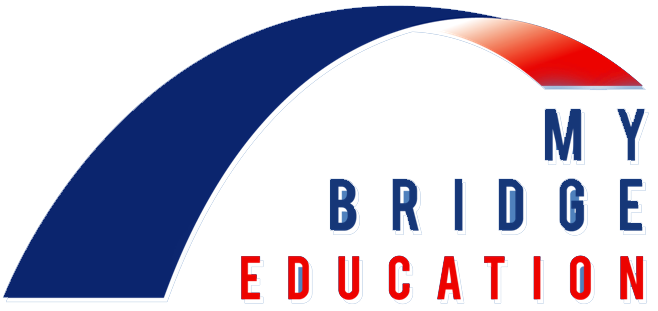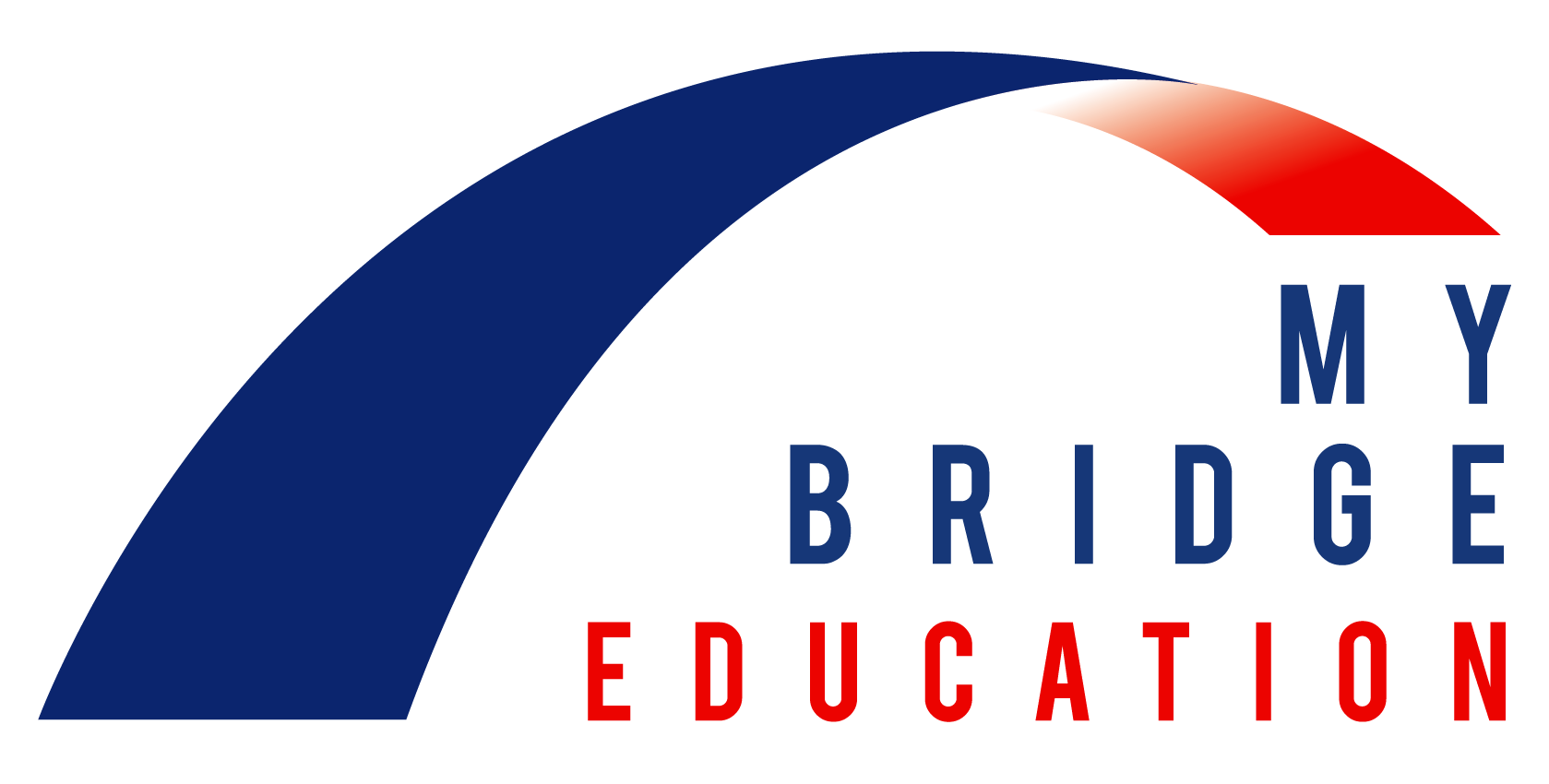Linnaeus U says digital-only credentials a hit
Eighteen months into the project, and Ulrika Ehrenstråhle, degree manager at the university in Växjö, told The PIE News that students have been the clear winners from the decision.
“The reaction from the student union, when involving them in the process, was ‘why hadn’t we done it sooner’,” related Ehrenstråhle.
“We see this as one of many proofs that students are adaptive to digitisation, and demanding that bureaucracy follows technical developments.”
Now, since this summer, certificates for police education completed at the university are also being issued electronically.
Ehrenstråhle added that after issuing the first certificates only electronically, some questions came up from students about how to verify them as bona fide.
“We see this as one of many proofs that students are adaptive to digitisation”
“We decided after some months to expand our information to the students when receiving the certificates, and the questions has since then been rather absent,” she noted.
The certificate issued is a PDF file with an added e-signature. The e-signature is verifiable online, and ensures that the document has not been tampered with.
“Another thing that happened is that students who had already received their paper degree certificates earlier contacted us and asked if they could get a digital certificate instead,” said Ehrenstråhle. “Something that unfortunately is not possible, but still a great mark of success for us as a HEI that we made the right choice.”
She acknowledged that Linnaeaus’ position as a global education institution was considered as part of the decision making process.
“The first thing you meet on our website is the text ‘Open your mind to new opportunities – a modern, international university in Småland, southern Sweden,” observed Ehrenstråhle. ” I think we did just that.”
A student from Linnaeus University can today keep their degree certificate in original format wherever they are, whenever they need it, she pointed out, “and share in a second to those they wish”.
Ehrenstråhle shared her experience of moving into secure digital credentials at the GDN conference this year in Puebla, Mexico.
“We investigated how e-signatures are compatible with being an accepted signature within and outside the EU and concluded that it is more or less standard to consider an e-signature a safe and legal method to conduct a signature both within and beyond the EU,” she explained.
“We also had contact with our own admission office, which told us that they already seen some digital credentials. It’s of course not possible to investigate every single country that we might have students from, but the overall picture gave us confidence and no obstacles were found in this research.”
She did point out that some countries demand a paper copy to be sent directly from Linnaeus “as the issuing HEI”.
“In these few cases, we provide the service of printing a copy with some stamps that the copy is in accordance with the original.”

